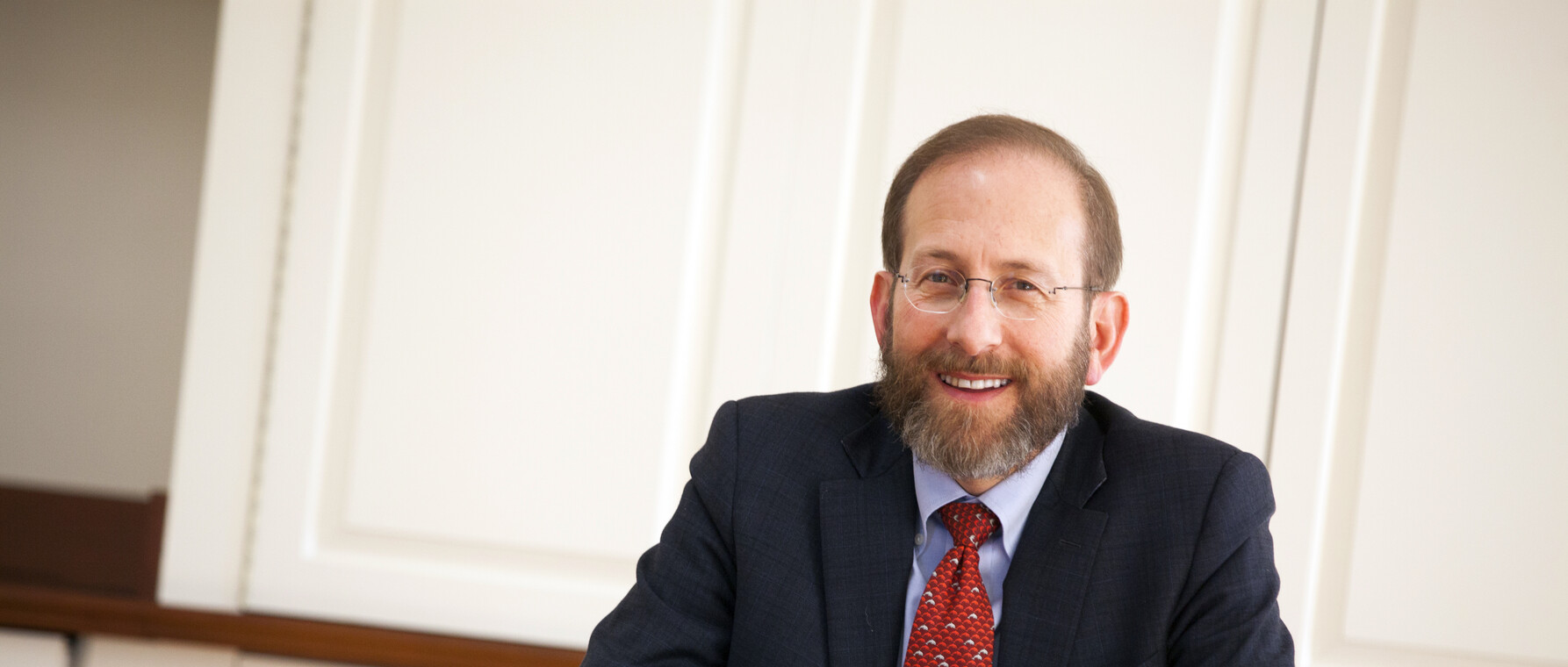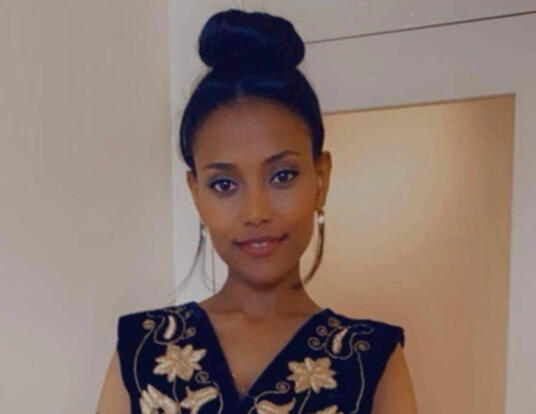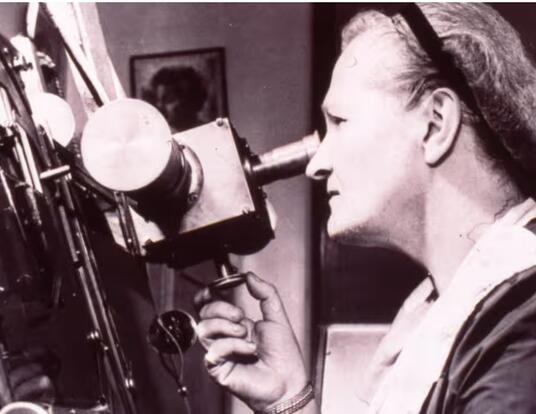Creating a Rich Intellectual Environment
GSAS Voices: Alan M. Garber, PhD ’82

Throughout its 150th anniversary year, GSAS is foregrounding the voices of some of its most remarkable alumni and students as they speak about their work, its impact, and their experiences at the School.
As provost, Alan Garber is Harvard University’s chief academic officer. An economist and physician, Garber also holds professorships at Harvard Medical School, Harvard Kennedy School, the Harvard T.H. Chan School, and Harvard’s Faculty of Arts and Sciences. He talks about his passion for mentoring, the wide-ranging value of economic thinking, and GSAS teachers and colleagues who set a standard of excellence he’s strived to meet throughout his career.
The Rewards of Mentoring
My research and teaching career has been dedicated to studying methods that increase health care productivity, a necessary step if we are to extend access to medical care and improve health. That means an unwavering focus on the assessment of alternative policies or approaches to health conditions. The highlight of my work was really a series of research projects that strove to measure the benefits and costs of a wide set of health interventions, particularly in cardiovascular disease but often in other areas such as cancer and infectious diseases.
However, I suspect that my greatest and most enduring impact will be on the many undergraduate and graduate students, post-docs, and faculty members whom I have mentored over the years. It has been tremendously rewarding to witness their own accomplishments.
Thinking Like an Economist
Since I became provost 11 years ago, my activities have shifted from producing research of my own to nurturing an environment in which other researchers can thrive. My responsibilities as Harvard’s chief academic officer are wide-ranging. They encompass activities directly in the provost’s office, such as faculty affairs, international affairs, and research. They also include oversight of all of Harvard’s Schools, the nearly 30 interfaculty initiatives, and affiliates such as the Harvard Library, the Harvard Art Museums, Harvard University Health Services, and the Arnold Arboretum. To help ensure the success of such diverse organizations and activities, it’s important to have broadly applicable skills, as well as wide-ranging intellectual curiosity.
The methods I used and taught—microeconomics, data analytics, decision analysis, and related techniques—apply to nearly every facet of my work at Harvard. Furthermore, to be an effective leader, one must manage finances to support academic priorities for the long term. The economics training I received at GSAS provided me with a powerful set of tools to do so.
My research has applied directly to my work as provost in expected and unexpected ways. It’s no surprise that my research on health care, augmented by my clinical experience as a general internist, would deepen my insights into the issues facing our large medical ecosystem. Less expected was that my research on policies to manage a severe influenza pandemic would become directly relevant to my responsibilities as provost when we faced a catastrophic pandemic caused by coronavirus.

Brilliant and Generous Teachers
In my graduate school class and adjacent classes were some of the most impressive economists I’ve ever met. Today, they constitute a who’s who of the profession. So, it was an incredibly rich intellectual environment. I became immersed in it as a Harvard undergraduate when Richard Freeman took me in as a completely inexperienced undergraduate research assistant, and then when the late Gary Chamberlain supervised my senior thesis. My dissertation advisers—Richard Zeckhauser along with the late Martin Feldstein and Zvi Griliches—were also brilliant and generous teachers. Both my fellow students and mentors set high standards that I have strived to meet throughout my career. I can’t imagine how I could be successful in the work I have done—as a scholar, as a teacher, as a physician, and as an academic leader—without my Harvard PhD training and research background.
Get the Latest Updates
Join Our Newsletter
Subscribe to Colloquy Podcast
Simplecast





